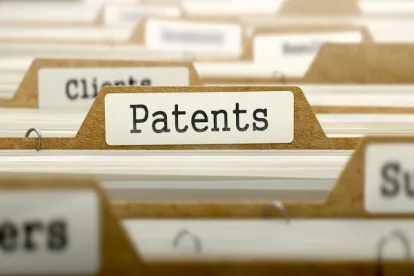Several fairly significant amendments to Indonesian Patent Law came into effect on August 28, 2016. Some of the key changes include:
-
Claims directed to second use or second medical use are no longer permitted. This change to Indonesia’s law aligns the country with other countries such as India and Vietnam which also prohibit such claims.
-
Statement of Ownership. The amendments require the submission of a Statement of Ownership of an invention, signed by the applicant, when filing a patent application. Such a requirement is already in existence for trademarks and industrial designs.
-
Statements regarding Genetic Resources and Traditional Knowledge. The amendments require that inventions related to and/or derived from genetic resources or traditional knowledge to clearly stipulate in the specification the origin of the genetic resources or traditional knowledge.
-
Use of patents as fiduciary objects. The amendments allows patents to be used as fiduciary objects (such as a guarantee between a debtor and a creditor). Under the previous law, patents could not be used for such securitization.
-
Introduction of online filing. Under the amendments, an online filing system will be introduced to allow applicants to file patent applications on the Internet. Previously, applicants had to manually file patent applications at the Directorate General of Intellectual Property’s Office.
-
Restructuring of the grace period for paying annuities. Under Indonesian patent law, a patent will be considered null and void if annuities are not paid by the requisite due date. However, according to the amendments, an extension of up to 12 months can be requested. Under the previous law, annuities could be paid up to three years from the due date. If annuities were not paid within three consecutive years, the patent would be deemed null and void. Moreover, even if a patent was allowed to lapse due to non-payment of annuities, a Patentee was still obligated to pay the annuities. As a result of the amendments, this obligation to pay outstanding annuities has been eliminated.
-
Availability of post-grant oppositions. Post-grant oppositions of patents are now available to third parties in addition to pre-grant oppositions.
-
Expansion of the Appeal Commission Authority. The role of the Patent Appeal Commission (Commission) has been expanded as a result of the amendments. Previously, the Commission only examined appeal petitions of rejected patent applications. Now the Commission has the authority to receive, examine and decide on the appeal petitions of:
-
A refused application;
-
A correction of a patent specification, claims, and/or drawings after the application has been granted; and
-
Notice of a grant decision with respect to a post-grant opposition.
-
-
Scope of simple or “petty” patents. The scope of simple patents has been expanded to include new processes or the development of an existing process.
-
Additional exemptions to patent infringement. Two acts are now specifically excluded from patent infringement. These acts include:
-
Importation of a pharmaceutical product patented in Indonesia where the product is legally marketed in another jurisdiction without the permission of the patent owner; and
-
Manufacturing of a pharmaceutical product which is patented in Indonesia within five years before the patent expires, for purposes of licensing and marking after the patent expires (e.g., a “Bolar” exemption).
The exemption regarding importation of a pharmaceutical product described in a) is intended to help ensure that pharmaceutical products are reasonably priced and that access to such products is widened. This exemption can be exercised if it is proven that the price of a certain pharmaceutical product in Indonesia is very high compared to the price in the international market. The exemption is limited to “pharmaceutical products” and does not allow parallel imports of non-pharmaceutical products.
-
-
Expansion of the scope of compulsory licenses. Under the new law, a grant of a compulsory license can be made to:
-
Produce a pharmaceutical product patented in Indonesia for the treatment of a disease;
-
Import a pharmaceutical product patented in Indonesia that cannot be manufactured in Indonesia presently for purposes of treating a disease; and
-
Export a pharmaceutical product patented in Indonesia that is manufactured in Indonesia for the purpose of treating an endemic disease (such as upon request by a developing or least developed country).
-




 />i
/>i

